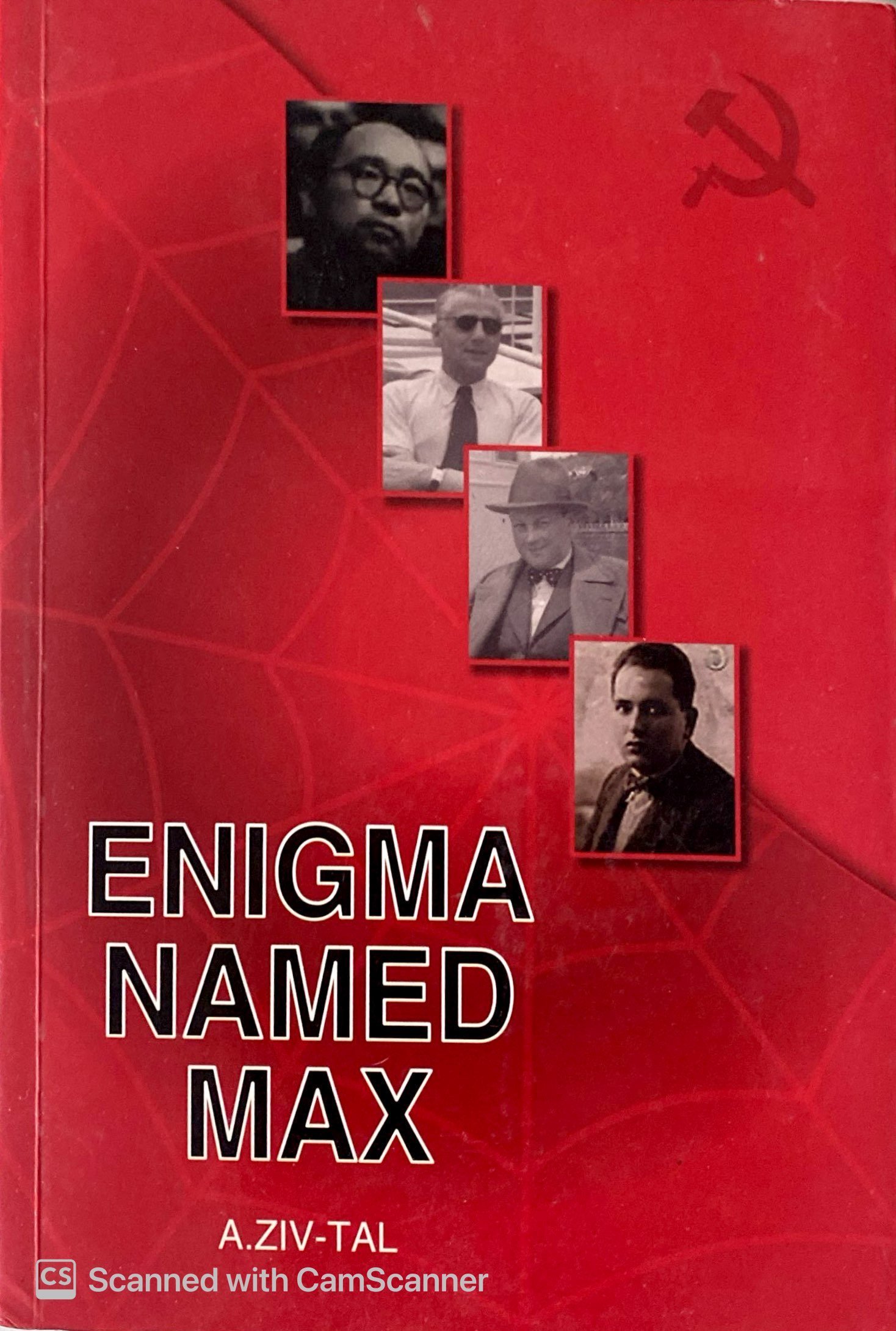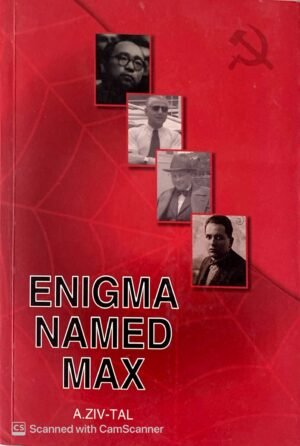Enigma Named Max by A. Ziv-Tal explores the untold story of Soviet deception during World War II, with a particular focus on the role of Jews, pacifists, and communists who collaborated across borders to mislead the Nazis. While Western narratives often highlight Allied operations such as D-Day and Operation Mincemeat, this book sheds light on how the Soviet Union used its doctrine of maskirovka—a strategy of deception, cunning, and patience—to achieve critical victories on the Eastern Front.
Through the story of the “Max and Moritz” network, the book uncovers how Soviet intelligence created elaborate ruses that the Germans attributed with outsized importance, contributing significantly to the collapse of Nazi strategies. With 27 million Soviet lives lost and much of the war’s burden carried on the Eastern Front, this account restores part of the overlooked Soviet perspective, showing how their deceptive operations became instrumental in securing ultimate victory.
















